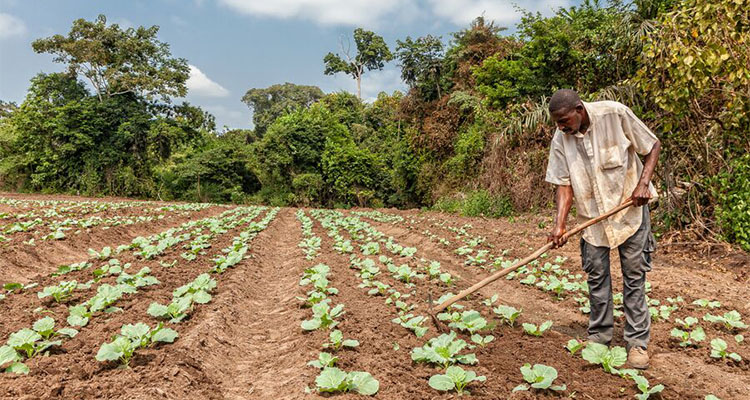
Testimonial
Geographical Ecosystems Mapping for Development of a Regenerative Farming Community
Students from the course “Remote Sensing and GIS-Integration” collaborated with Kidlinks Small Farm Incubator (KSFI) to identify community clusters, locate vital farming resources, and plan the development of farming hubs effectively – by means of a mapping project.
I was really happy with both project collaborations. The students did an exceptional job and they went above and beyond my expectations.
KSFI is a regenerative farm in the Eastern Cape, South Africa, and is dedicated to restoring soil and ecosystem health while combating inequality and climate change. Founders Liza Lightfoot, Mpumelelo Ncwadi and Asanda Apleni, envisioned KSFI as a catalyst for change, empowering youth in the Eastern Cape with regenerative farming techniques.
They sought a collaboration with WUR students when they needed mapping of valuable resources in and around the farm: firstly, a map that would focus on KSFI's demonstration farm, illustrating the phases of development of diverse regenerative farming systems. This map was intended to exemplify the interconnected cycle of resources on the farm. A second map would zoom out to the surrounding community, conducting an analysis of both human and natural ecosystems. The goal was to identify how these ecosystems could mutually enhance each other to form the basis of a local circular farming economy.
Students worked really hard to understand the purpose of KSFI, and found great synergies among them. In the end, they produced both a report and deliverables that were of great use to the commissioner. As a first step, the maps have been printed in A1 to be displayed at KSFI – they will be of support to aid in discussions with community leaders, shareholders, and partner organisations.